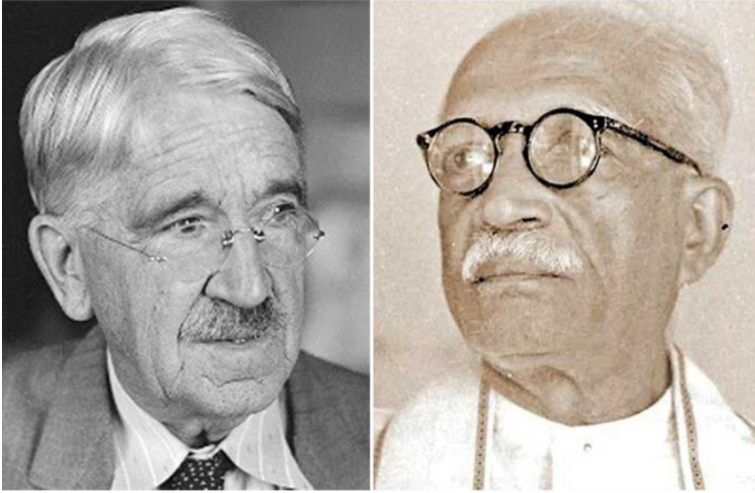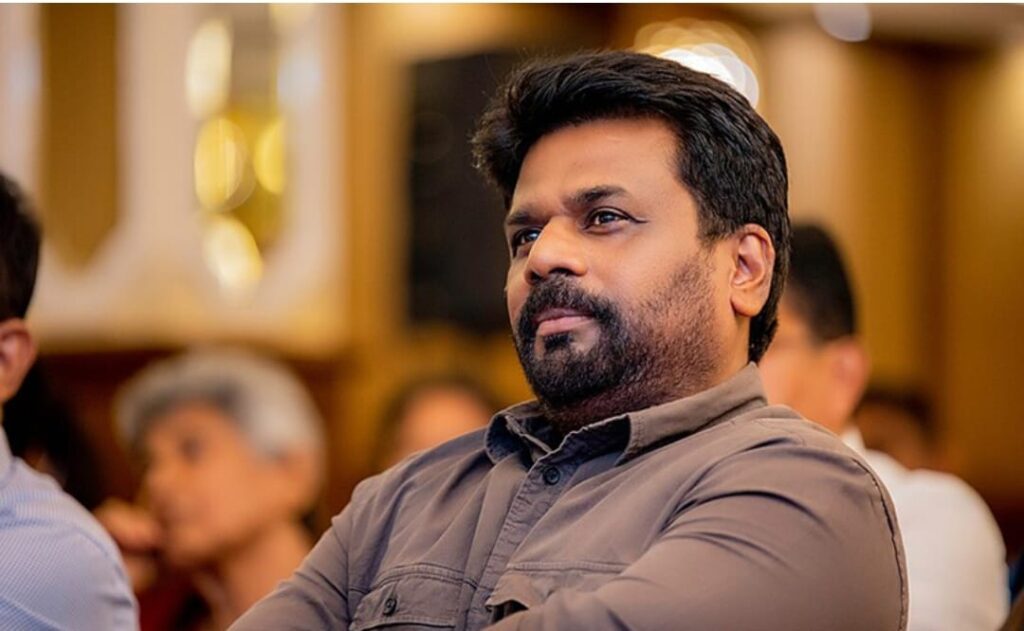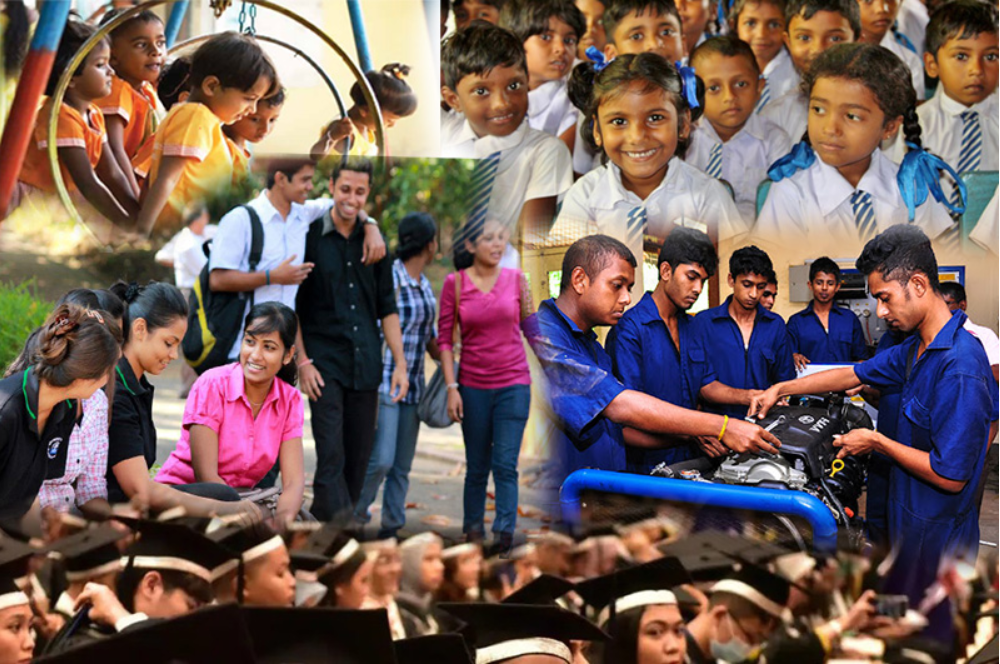Sri Lanka is now at the crossroads with a new regime in formation that has to choose from different social and economic pathways for the country. In the United States, Trump is back with a fascist tide that is likely to sweep the world. In this context, what will become of the long journey of free education in Sri Lanka?
The trend in Sri Lanka after the open economy reforms of the late 1970s has been defunding free education, leading to the slow implosion of the education system. In fact, particularly over the last decade, there has been an insidious project of engineering the failure of state education, in order to create the environment for commercialising education. Privatisation, including fee-levying institutions, are now making education a cash earner – even as students become indebted – and a privilege of the wealthy. In this column, I sketch the ideological underpinnings of education that have to be debated and struggled for, as education, like other social pillars, are confronted with diverging paths ahead.









